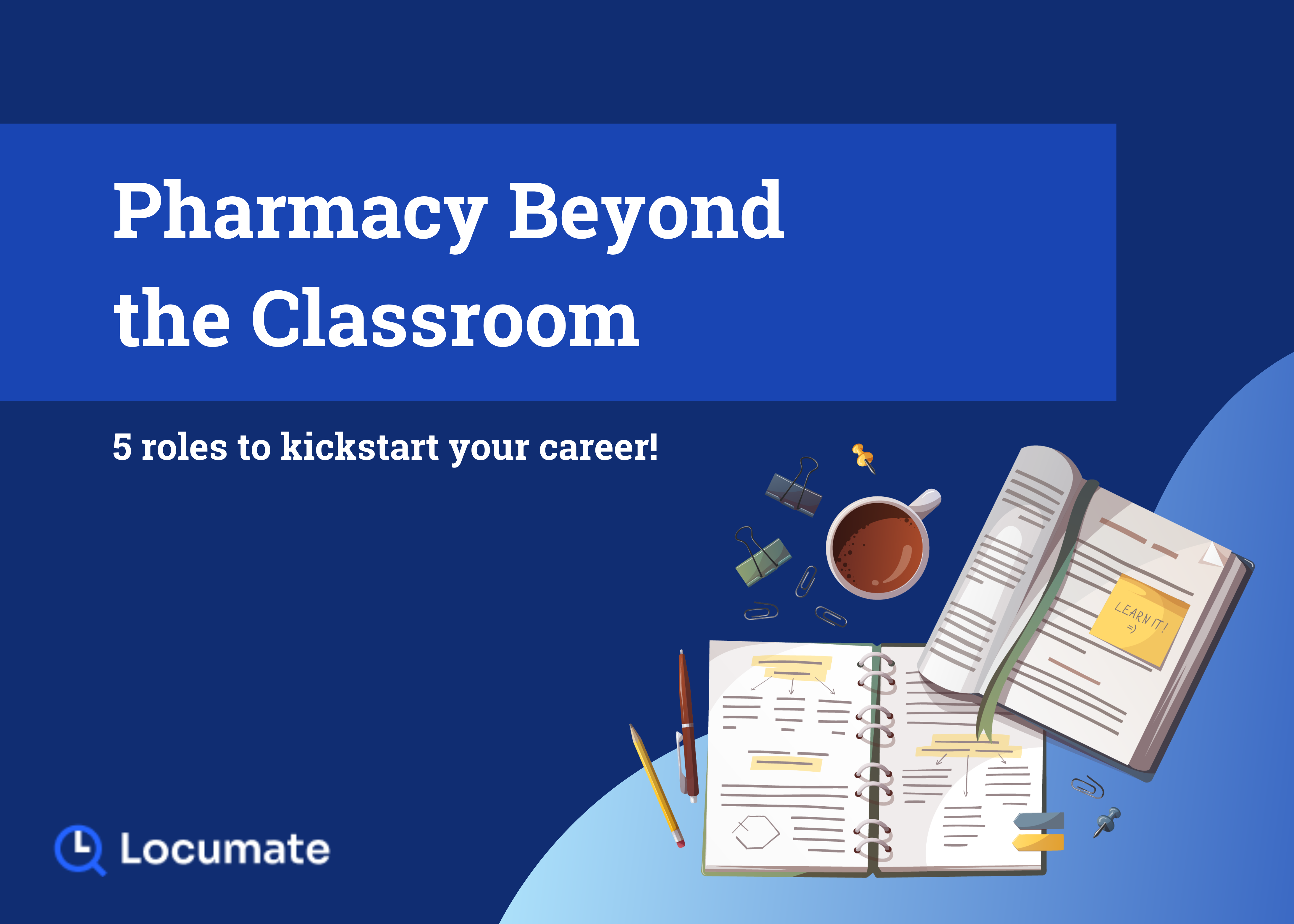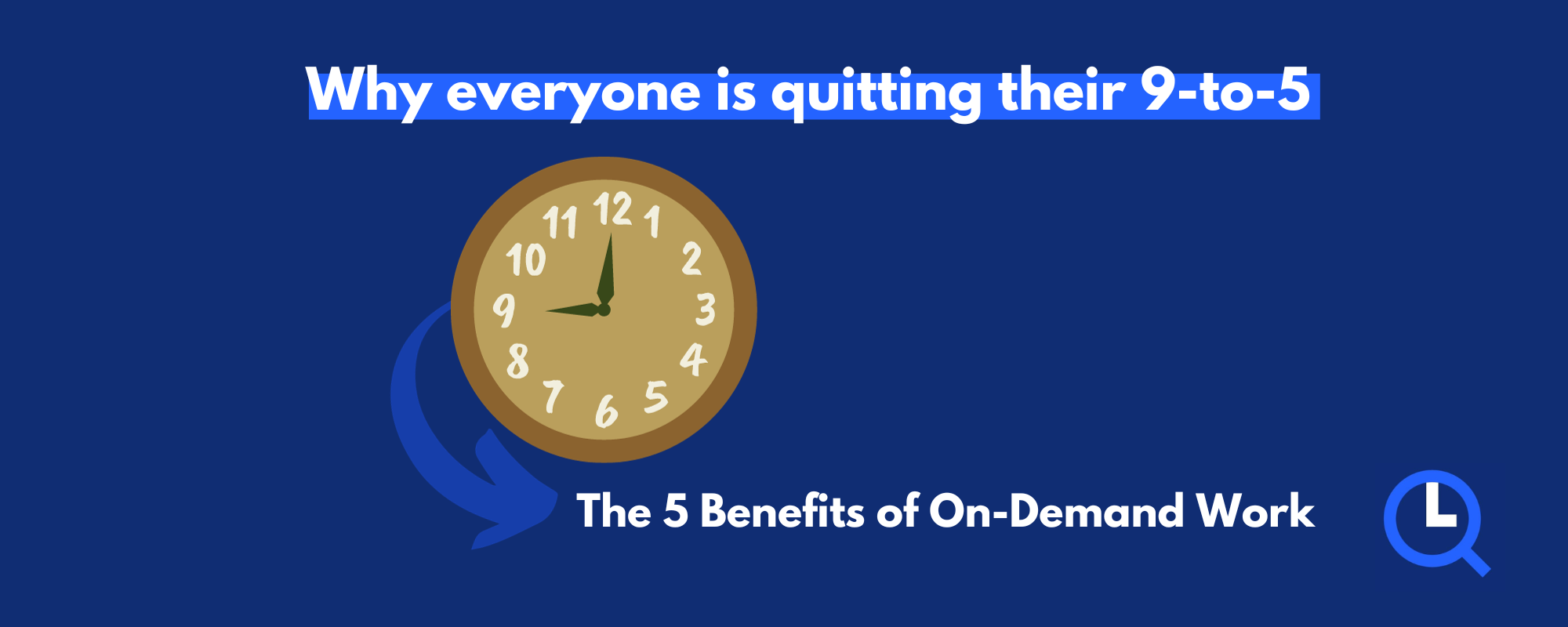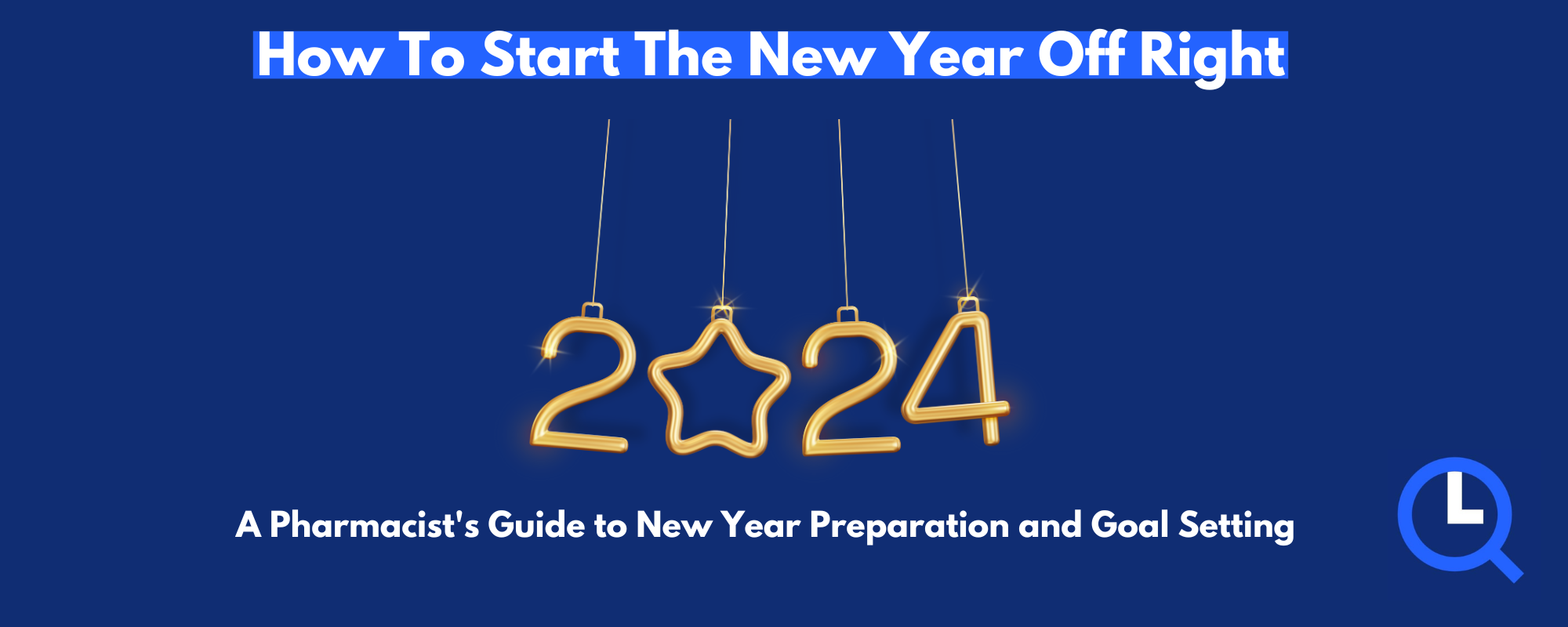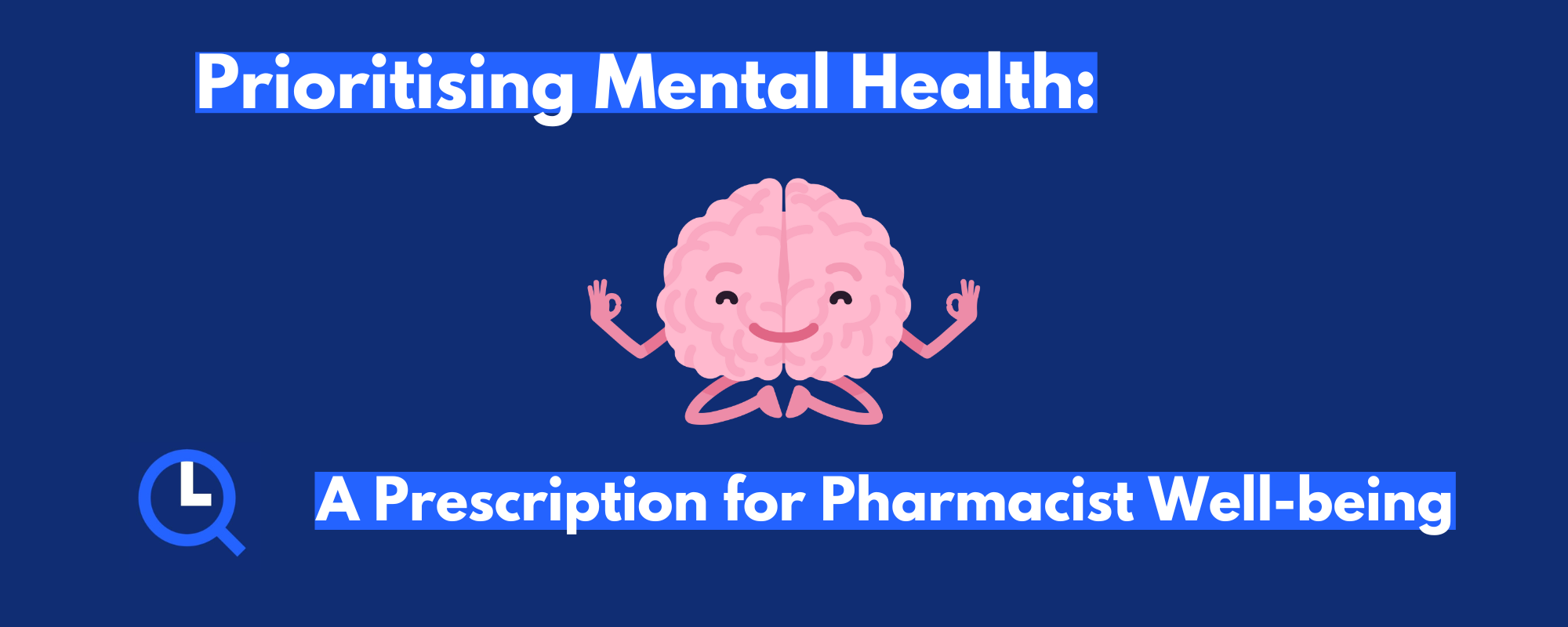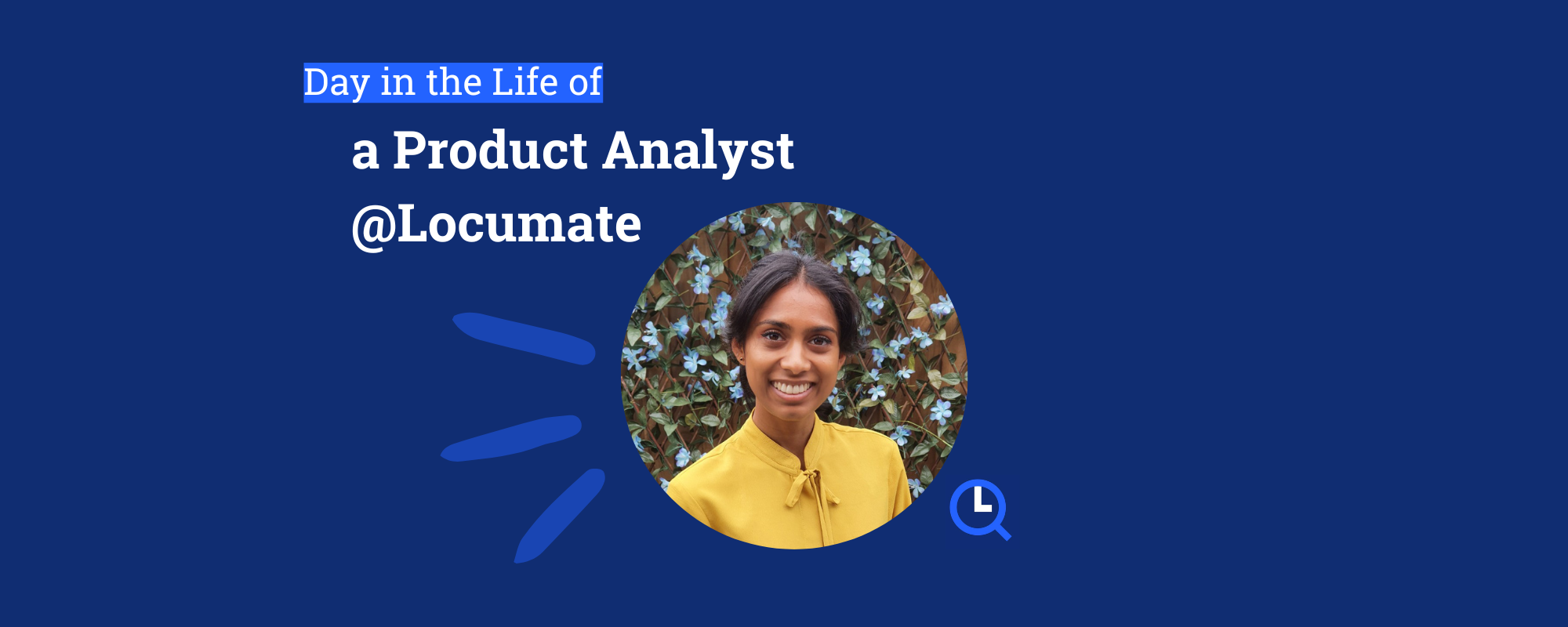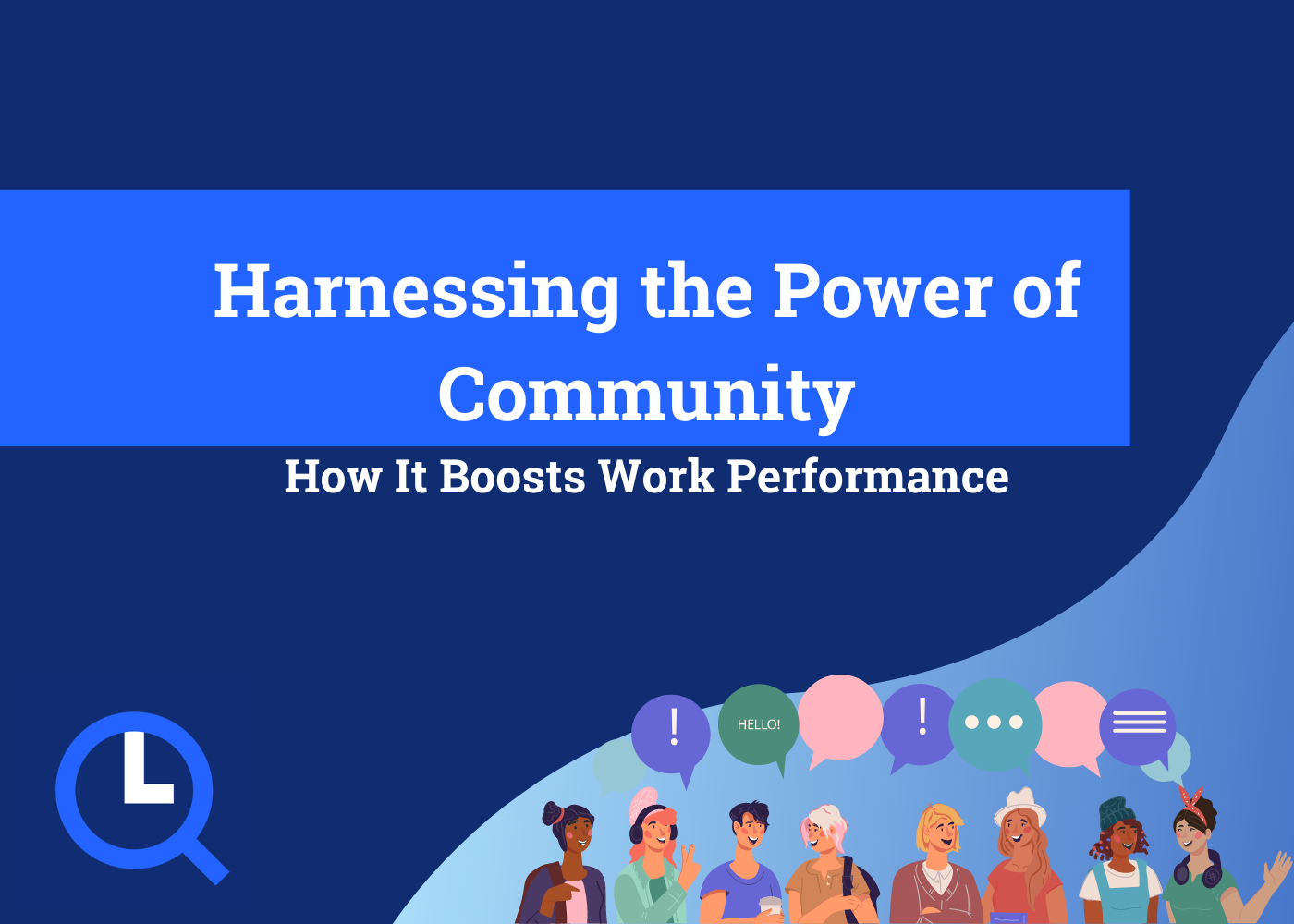In today’s fiercely competitive job market, personal branding has become indispensable for professional success. This holds particularly true for early career pharmacists who are navigating the complexities of establishing themselves in the field. Personal branding involves crafting a unique identity, shaping a reputation, and projecting an image that distinguishes professionals from their peers.
Why is Personal Branding Vital for Early Career Pharmacists?
Personal branding serves as a potent tool to set early career pharmacists apart by accentuating their individual strengths, skills, and values. In a crowded job market, a compelling personal brand becomes a beacon, capturing the attention of potential employers and collaborators. Beyond mere visibility, a robust personal brand enables early career pharmacists to shape a positive professional reputation, paving the way for career advancement. Moreover, a well-established personal brand has the magnetic power to attract mentors, networking opportunities, and exclusive invitations to industry events, contributing significantly to ongoing career development.
Crafting Your Personal Brand: A Roadmap to Success
Define Your Values and Unique Selling Points:
Identify your core values, strengths, and areas of expertise.
Reflect on what sets you apart in the field and the impact you aspire to make as a pharmacist. This self-reflection forms the bedrock of your personal brand.
Craft Your Personal Brand Statement:
Develop a concise and compelling statement that communicates your unique value proposition.
Highlight your expertise, the value you bring to patients or employers, and what makes you stand out. This statement becomes the essence of your personal brand.
Online Presence:
Establish a professional online presence on platforms like LinkedIn and Locumate.
Optimise your profiles to showcase your achievements, expertise, and interests. Engage in industry discussions, share valuable content, and connect with influential professionals to expand your network and boost visibility.
Consistent Messaging:
Ensure your personal brand messaging is consistent across all channels.
Align your message from your resume and cover letter to your social media profiles and professional interactions with your personal brand statement and desired professional image.
Build Relationships and Network:
Actively participate in professional organisations, attend industry conferences, and engage in networking opportunities.
Foster relationships with mentors, colleagues, and industry influencers. Collaboration and mentorship can amplify your personal brand and open doors to new opportunities.
Continual Learning and Growth:
Invest in continuous learning and professional development.
Stay updated with the latest trends, advancements, and research in pharmacy. Demonstrate a commitment to growth, staying ahead in your field, and strengthening your personal brand.
Personal branding is not just a buzzword; it’s a crucial strategy for early career pharmacists looking to thrive in the competitive landscape of pharmacy. By crafting a strong personal brand, you not only differentiate yourself but also build a positive professional reputation, creating opportunities for career advancement. So, start today by developing your personal brand statement and optimising your LinkedIn page! Embracing personal branding not only enhances professional growth but also positions early career pharmacists as confident, competent, and influential healthcare professionals in the pharmacy field.


